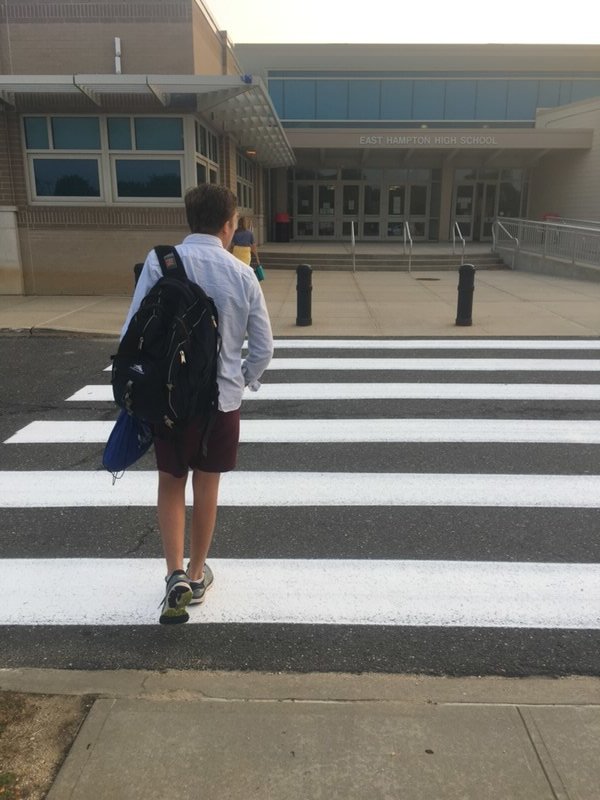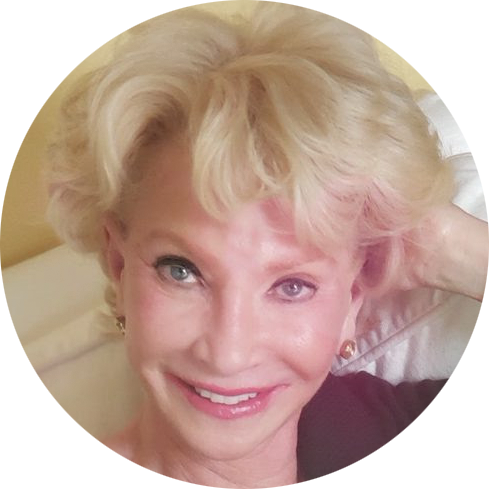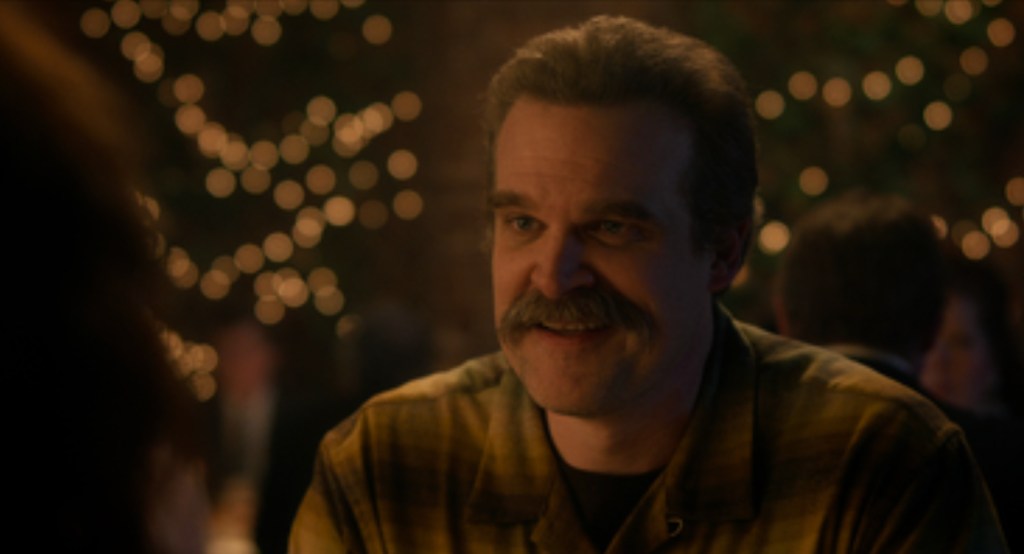Ask Beatty: East Hampton High School's Commitment to Relationship Education & Mental Health

Over the last several years, I’ve driven on Long Lane, past East Hampton High School (EHHS) hundreds of times. One day last spring I had one of those aha moments.
Why not work directly with students in their classrooms? Why not see if I could teach them my relationship education program, based on my book, For Better for Worse Forever: Discover the Path to Lasting Love, research and over 35 years of clinical experience?
With the high divorce rate and dating abuse and domestic violence statistics, people young and old need all the relationship education they can get.
The earlier we learn about healthy relationships the better. And what better place to begin these serious discussions than in high school? It is the perfect venue to be talking about dating, relationships, sex and mental health.
I first met with EHHS’s brand new principal — a very warm, welcoming and responsive Sara Smith and some of her counseling staff. My next meeting was with the Board of Education Superintendent Adam Fine, former principal of EHHS, who was also enthusiastic and supportive of my program.
He put me in touch with James Stewart, who has spearheaded the Health Department at EHHS for over 45 years. It would be difficult to find a more caring, intelligent and receptive group of educators anywhere, who were more committed to their student’s mental health needs and concerns, than the group I met at EHHS.
Working with East Hampton High School
MEET JAMES W. STEWART
I like to think of James Stewart as a Renaissance man — a man for all seasons — kind, intelligent, empathic and worldly — a teacher completely devoted to the emotional, psychological and intellectual well-being of his students. He’s had and continues to have a major positive impact on the lives and relationships of thousands of students.
After our initial meeting, we decided to become a team. It was decided that I would come into the school every Thursday for an entire day, for a five-week period. He and I together would help students continue to deepen their understanding about healthy relationships and mental health.
MY FIRST DAY IN CLASS
When most teachers take roll call, they routinely read the students names to see who is present or absent. Mr. Stewart, on the other hand, asks each student every day to rate his/her mood and emotional well-being on a scale of 1 to 10. This helps students and Mr. Stewart gain awareness of how well or how badly they are feeling on any given day.
If Mr. Stewart finds that a particular student’s self-rating is consistently low, he routinely refers them to one of the school counselors. The students are learning on an on-going basis to be aware of their emotional states and to take appropriate action in terms of asking for help if and when necessary. Mr. Stewart has normalized the ups and downs of life, including making it OK to ask for help.
WEEKS 2 & 3
During the second week, the students designed an Ask Beatty Box, where they could drop off their questions for me. I literally received hundreds of questions about relationships, suicide, sex, drugs, depression, sexual orientation and family problems. Initially, the students were shy and quiet.
However, by the second and third week, they greeted me at the door and were full of questions about me, my background and, of course, dating and relationships. Mr. Stewart routinely gives the students hand-out assignments.
More importantly, he encourages each student to express his or her opinion about a wide variety of subject matter — routinely thanking the students for their thoughts and perspectives — always encouraging, never punitive. A fail-safe recipe for students to feel trust and empowerment for themselves and their curiosity.
One student asked Mr. Stewart for the spelling of my last name. When he googled me, he discovered my “How to Put the Sizzle in Your Sex Life” video presentation that I gave at the East Hampton Library this past summer.
Although the students may have expected me to be talking about “sexual technique,” they instead learned the psychological and emotional factors that enable people to have satisfying sex lives. Although these classes were particularly quiet during this presentation, it was obvious they were taking in every word.
Mr. Stewart and I routinely used role-play as a method of demonstrating relationship issues. Students were able to observe both functional and dysfunctional behaviors and interactions.
We wanted them to have clarity about what kind of communication and behaviors work and which ones don’t work in a variety of different situations with parents, friends, dating partners, teachers and teammates. Interestingly, the boys were as open in asking us questions as the girls.
WEEKS 4 & 5
Over and above answering students never-ending questions, it was decided that I would present my “Never Make a Mistake in Love Again” program to the students as I ended my five weeks stint at the school.
As I discussed my 10-step formula that teaches people how to assess who’s right or wrong for you before committing to any serious relationship, I could see every student listening intently. Their questions were thoughtful.
We could see that the material was meaningful for them. I was invited to return in the spring to continue my interacting with students. As I walked out of the school, my final thought was that I only wish that I had had a Mr. Stewart and his health class when I was in high school.
Beatty Cohan, MSW, LCSW, AASECT is a nationally recognized psychotherapist, sex therapist, author of For Better for Worse Forever: Discover the Path to Lasting Love, national speaker, national radio and television expert guest and host of the weekly “Ask Beatty Show” on the Progressive Radio Network. She has a private practice in NYC and East Hampton.
Beatty would love to hear from you. You can send your questions and comments to beattycohan.msw@gmail.com. For more information, go to beattycohan.com.







